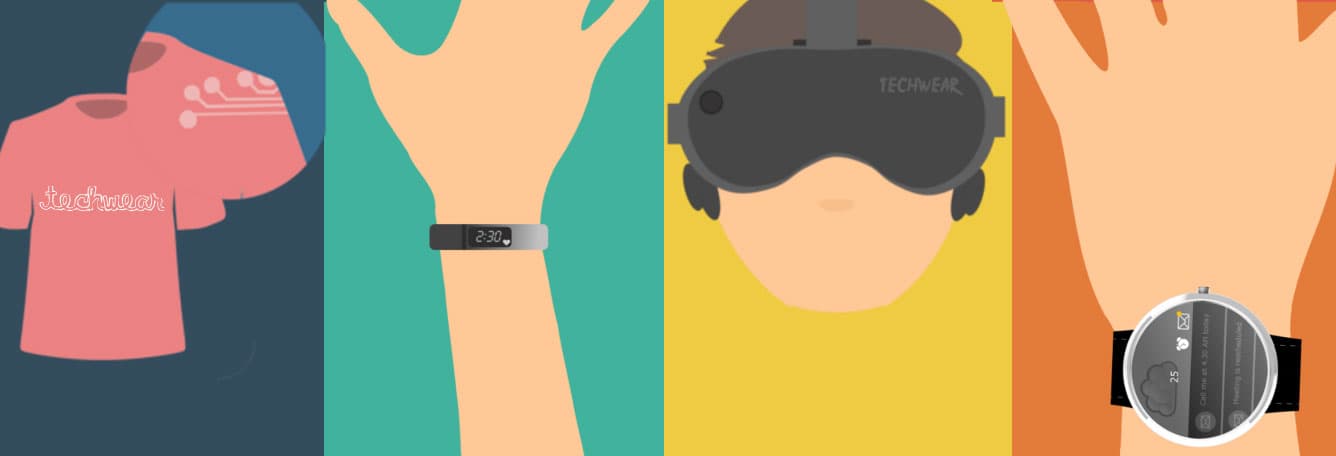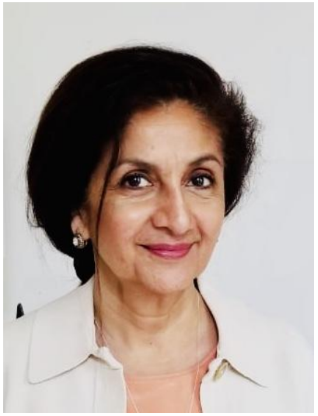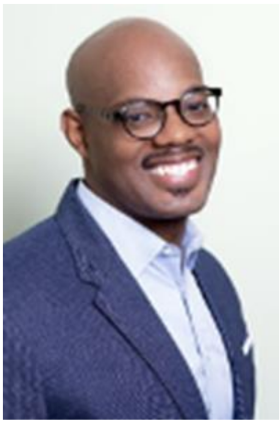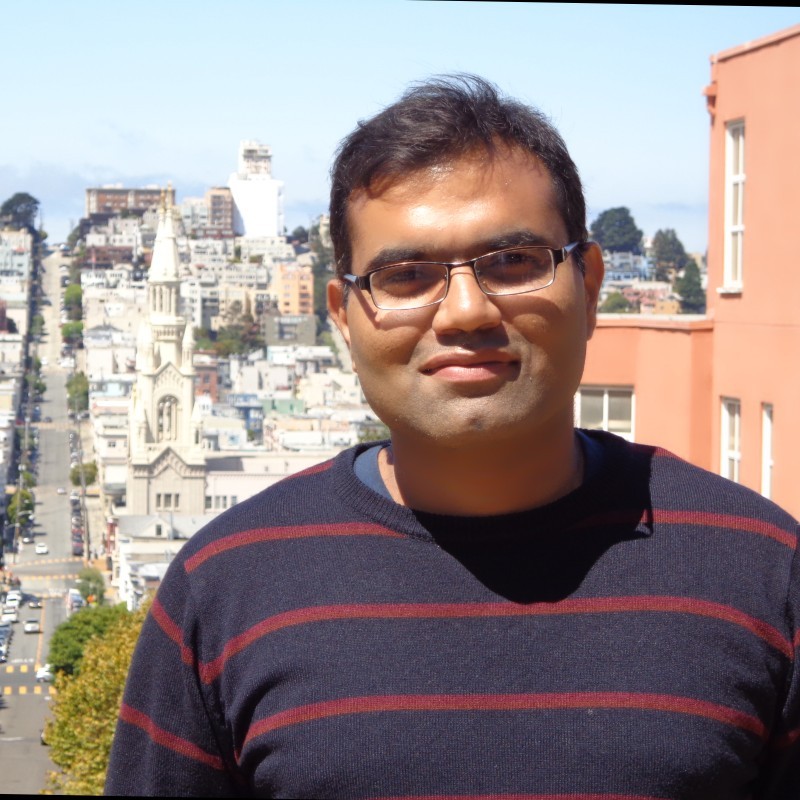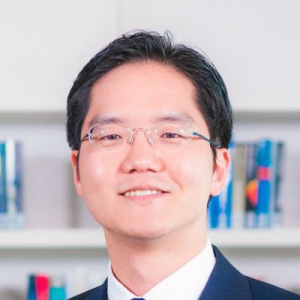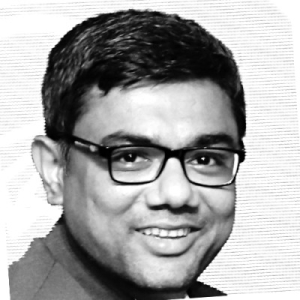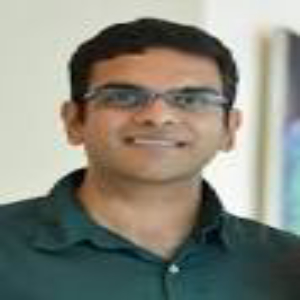BODYSYS
BodySys workshop focuses on advances and discussions on how body-centric (human/animals) computing technologies can shape mobile computing, systems, and applications research. The goal of the workshop is to provide a forum to bring together researchers and de-sign experts to discuss how wearable, body-centric, and user-in-the-loop technologies have, and can, complement mobile systems research, and vice-versa. It also aims to provide a launchpad for bold and visionary ideas for systems research in this space.
We solicit papers of six or fewer pages that present preliminary research in areas of body-centric computing, including efforts on prototyping a system, experiences in designing a novel technology, or survey of useful tools for designing inter-disciplinary systems and applications. We also encourage position papers that propose new directions for research or advocate disruptive design ideas and project applications. We also encourage sub-missions that can help bootstrap exploration of the body-centric computing space by the broader mobile systems community.
Important Dates:
- Submission deadline
- - 6 May 2022
- Notification of acceptance:
- - 15 May 2022
- Camera-ready workshop papers
- - 28 May 2022
- Workshop date
- - July 1, 2022
